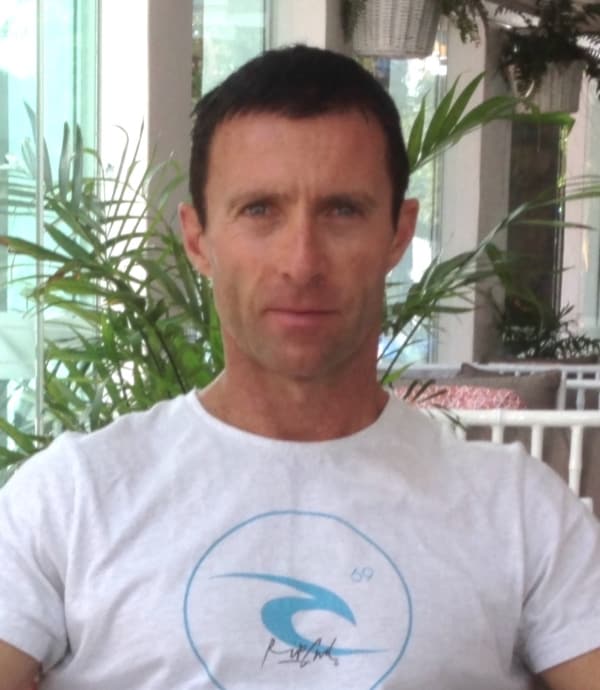Simplifying The Complex
Melbourne: 17 + 18 May, 2025
Mastering Shoulders (live course) is a two-day face-to-face professional development program.
Who Is This Course For?
This course is designed for manual therapists (eg. physiotherapists, myotherapists, osteopaths, chiropractors) who wish to discover the most effective and successful strategies for assessing and treating a wide spectrum of shoulder dysfunctions.
Course Highlights
Explore a systematic and comprehensive approach to managing a variety of common shoulder dysfunctions. Participants are taught a simple to follow (step-by-step) assessment, treatment and clinical reasoning pathway to assure successful clinical outcomes.
- Study a systematic approach to accurate, objective assessment of the shoulder region.
- Apply highly effective treatment skills specifically related to restoration of shoulder movement.
- Learn how to efficiently optimise mobility, enhance stability and restore neural dynamics.
- Review the essential functional integrated anatomy and biomechanics of the region.
- Practice an extensive spectrum of rehabilitation & functional strengthening exercises.
- Establishing treatment goals and priorities with your subjective assessment. What questions should we be be asking our patients? What are we trying to learn?
- Assessing the patients meaningful functional movements. Analysis of the symptoms.
- Performing the essential range of motion tests. How do we accurately assess shoulder joint motion and what tests and objective measurements are most relevant?
- Assessing upper limb neural tension and establishing a meaningful score / objective measurement to monitor changes in neural tension in response to manual therapy.
- Application of manual therapy techniques to improve upper limb neural tension.
- Assessment of the cervical and thoracic spine and the implications of spinal involvement in upper limb pain, restriction and dysfunction.
- Questioning the value of classic orthopaedic tests. Which tests are relevant and which have limited value?
- Moving away patho-anotomical diagnoses and a discussion of the challenges of excessive medical imaging. What value are the scans?
- Understanding labral pathology and the implications to management and prognosis.
- Instability tests and the unstable shoulder. How do we test the integrity of the specific ligaments of the gleno-humeral joint.
- Simplifying the assessment of scapulae dyskineses and recognising the muscle imbalances that drive the common dyskineses.
- Assessment of the scapula at rest, with movement and under load.
- The scapula reposition test and how it influences treatment choices.
- Soft tissue palpation and soft tissue release techniques for the muscles influencing scapula position and general gleno-humeral mobility.
- Understanding the precise role of the rotator cuff muscles and recognising common imbalances in the function of the cuff.
- Establishing a systematic approach to strengthening the region, including scapula stability exercises and rotator cuff strengthening.
- Identifying and performing the most effective rehabilitation exercises for efficient return to function.
Your Presenter - Wayne Rodgers

Victoria University
370 Little Collins Street
Melbourne VIC, Australia
Saturday 17 May - 8.30am to 4pm
Sunday 18 May - 8.30am to 4pm
from AUD $760
